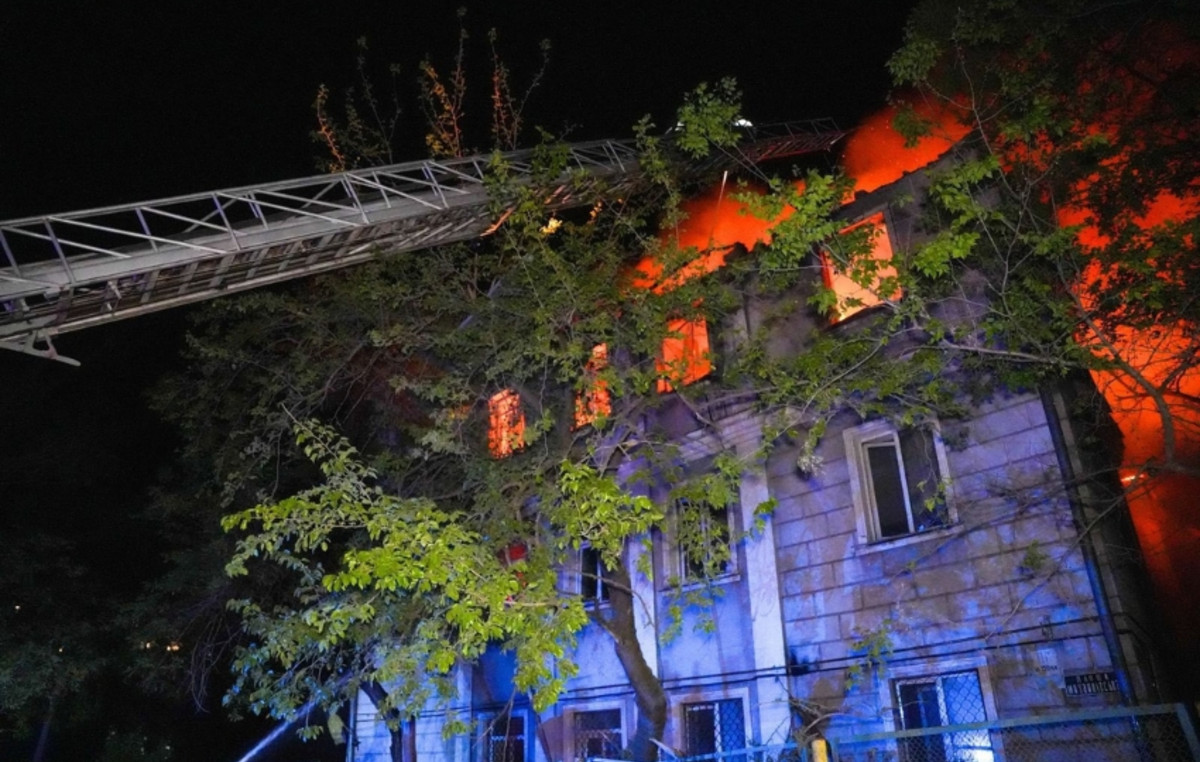It was supposed to be a post-Covid-19 summer in Europe, Bloomberg notes. The masks are gone in most places and the holiday season is in full swing as workers rush to the beaches and cities they missed in the two years marked by the pandemic. Instead, however, the reality people face is that the virus never went away.
A highly contagious sub-variant of the omicron strain, known as BA.5, is fueling a new surge in infections, with cases rising across the UK and the continent. Admissions to intensive care units are rising, according to the European Center for Disease Prevention and Control, which has warned that a new wave of the disease is beginning.
The end of restrictions on international travel and the return of mass participation events such as music festivals are also helping to contain the spread of the virus. And cases may already be much higher than current figures show, given that most countries have dramatically scaled back testing.
But governments have long tossed out the original Covid playbook and are reluctant to tighten mask rules, limit gatherings or roll back vaccination and testing requirements for travel. Most are pushing for another round of booster shots for those at risk, counting on Europe’s relatively high vaccination rates to continue to keep the death rate low.
The timing of the increase suggests that Covid is not yet seasonal like the winter flu. Instead, the successive waves of increasingly infectious versions show that it is still unclear what living with the virus will mean in the long term, said Martin McKee, professor of European public health at the London School of Hygiene and Tropical Medicine.
“This is not like seasonal flu,” he said, adding that there is no guarantee that current vaccines will continue to be as effective against future variants. “We’re seeing waves coming in every few months. And so we have to reevaluate where we’re going to go with this.”
To combat the summer outbreak, the ECDC this week issued new guidance recommending that adults over 60 and medically vulnerable people of all ages should consider a second booster now, rather than waiting for a vaccine that has been adapted to it is more effective against today’s variants.
According to ECDC director Andrea Ammon, since most people in this age group had their initial boost three to six months ago, protection against serious illness may be waning.
“The danger for people is now,” said Pierre Delsaux, head of HERA, the EU’s health emergency authority. “It is better to vaccinate now because the current vaccines are still effective.”
In the UK, the government announced on Friday that it will expand the Covid booster vaccination campaign, starting in the autumn, to include all people aged 50 and over. The infection rate there is rising and is the highest since April in England, according to the latest survey.
Hospitalizations are also rising, in some cases faster than the recorded outbreak of infections. The discrepancy between the measurements is likely due to less accurate surveillance, said Louise Blair, who leads the vaccines and variants team at data firm Airfinity Ltd. based in London.
She added that the summer wave is a reminder that the virus is not yet seasonal. “We actually see outbreaks and waves being driven by new variants rather than indoor mixing,” Blair said.
And the wave is not limited to Europe. The US Centers for Disease Control and Prevention said this week that the BA.5 variant likely accounts for about 65% of cases. Infections there could reach 600,000 cases a day, Bloomberg Intelligence estimated in a report, based on patterns seen in South Africa, where omicron was first identified, and elsewhere.
The positivity rate in New York is the highest since January and Los Angeles County raised its Covid alert level this week. He also warned that if the number of cases is maintained, indoor masks will be required. In Japan, Tokyo raised the contamination alert to the highest level.
“Psychologically, many people may feel in limbo around Covid,” said Rachel McCloy, a behavioral psychologist from the University of Reading. The absence of restrictions sends the message that things are back to normal, but “on the other hand rates are rising, people are sick and at risk and everything is still not as it was,” he said.
Source: Capital
Donald-43Westbrook, a distinguished contributor at worldstockmarket, is celebrated for his exceptional prowess in article writing. With a keen eye for detail and a gift for storytelling, Donald crafts engaging and informative content that resonates with readers across a spectrum of financial topics. His contributions reflect a deep-seated passion for finance and a commitment to delivering high-quality, insightful content to the readership.







